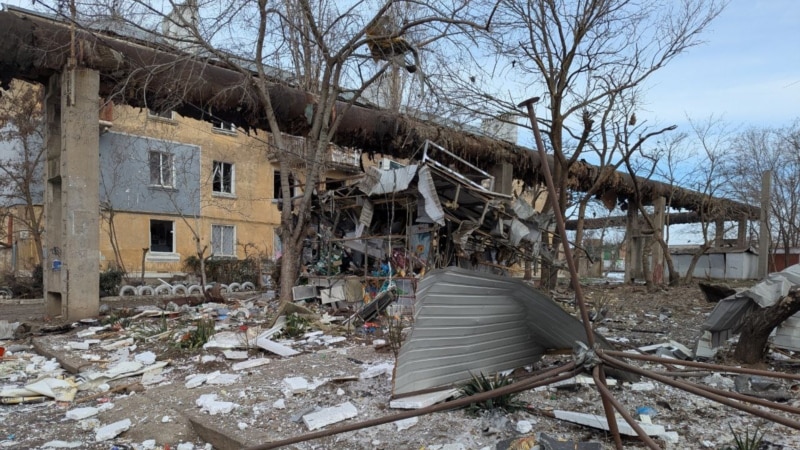Russian Strikes Continue Across Ukraine, Killing at Least Four and Wounding Dozens
Russian strikes on Ukraine persisted overnight, resulting in at least four fatalities and dozens of injuries, Kyiv reported on November 1. Meanwhile, Ukraine claimed to have struck a major oil-product pipeline near Moscow.
### Casualties and Damage Across Multiple Regions
Ukrainian regional officials stated that more than 40 people, including children, were wounded in Russian attacks targeting the Mykolayiv, Donetsk, Zaporizhzhya, Luhansk, and Kherson regions over the past 24 hours. The assaults also damaged residential buildings and disrupted essential services, according to local authorities.
A Russian ballistic missile strike on Mykolayiv early on November 1 killed one person and injured 15 others, including a child. Vitaliy Kim, head of the regional military administration, reported that the attack also damaged a gas station and several vehicles. An air-raid alert sounded in the Mykolayiv region overnight, with further warnings of ballistic threats issued in the morning.
In the Kherson region, Russian shelling over the past day killed two people and wounded 22, said Oleksandr Prokudin, head of the Kherson regional military administration. He added that 26 villages across the province came under fire during the latest attacks.
The Dnipropetrovsk region also experienced casualties, with one person killed and two others wounded in Russian attacks, regional authorities confirmed.
In the Chernihiv region, an elderly woman was injured amid Russian drone strikes. Vyacheslav Chaus, head of the regional military administration, reported via Telegram that seven drones targeted an agricultural enterprise in the town of Koryukivka. A hangar caught fire, which rescuers successfully extinguished, but key infrastructure and a residential building suffered damage.
Chaus further noted that Russian forces struck the historic city of Novhorod-Siverskiy, damaging administrative buildings, shops, a pharmacy, and a downtown coffee shop.
### Ukraine Claims Attack on Key Russian Pipeline
Meanwhile, Ukraine’s military agency claimed responsibility for striking a Russian petroleum-products pipeline in the Ramenskoye District of the Moscow region on October 31. The attack reportedly caused explosions and halted operations at the site.
Footage shared by the agency showed aerial views of fire and thick black smoke rising from a damaged section of large-diameter pipeline. The clip depicted multiple damaged pipeline segments engulfed in flames.
This claim has yet to be independently verified, and Russian authorities have not publicly confirmed the incident.
On November 1, the Russian Defense Ministry stated that its air defenses had intercepted and downed 98 Ukrainian drones overnight, including eleven over the Moscow region.
Kyiv has repeatedly targeted Russian oil refineries in recent months, increasing pressure on Russia’s military capabilities and broader economy.
### Ukrainian Special Forces Active Near Pokrovsk
In a separate development, Ukrainian military intelligence reported an ongoing covert operation by special forces near Pokrovsk, where Russian forces claimed to have repelled an assault.
According to RFE/RL’s Ukrainian Service, Kyiv described Russia’s statement about defeating the assault as a provocation. The situation inside Pokrovsk is reportedly deteriorating.
Estimates suggest that between 200 and 400 Russian soldiers are currently embedded within the city’s eastern districts, using urban terrain, basements, and civilian disguises to evade detection by Ukrainian forces.
Since midsummer, Pokrovsk—a frontline city in eastern Ukraine—has become an increasingly critical battleground. Russian forces have gradually advanced on its eastern and southern edges, capturing key roads and squeezing supply lines into the city.
Analysts warn that if Pokrovsk falls, it could open a route westward into the Dnipropetrovsk region and pose a further threat to Ukraine’s southern front.
https://www.rferl.org/a/ukraine-russia-mykolaiv-drone-strike-oil-pipeline/33578771.html



